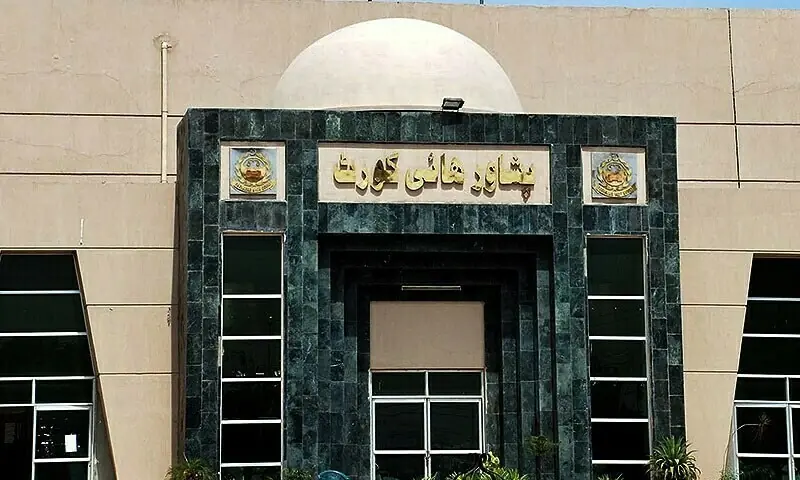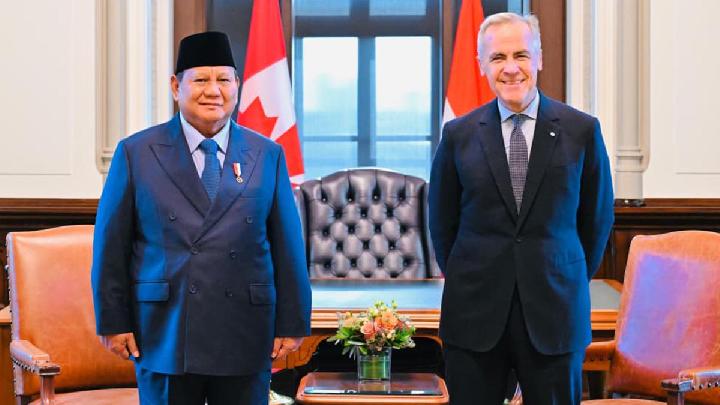By Bureau Report
Copyright dawn

PESHAWAR: Peshawar High Court has declared unconstitutional and of no legal effect amendments made in local government law in 2022, curtailing powers of tehsil and city local council heads, and ordered restoration of the provisions available prior to the changes.
A bench consisting of Justice Syed Arshad Ali and Justice Farah Jamshed also struck down Rules 5 and 6 of Khyber Pakhtunkhwa City/Tehsil Local Government Rules of Business, 2022, to the extent they purport to define, restrict or control the powers of elected officials without statutory backing.
“The original statutory provisions of Section 23A and 25A, as they stood prior to the impugned amendments, are hereby restored,” the bench ruled in its 18-page detailed judgement.
“The government of Khyber Pakhtunkhwa is directed to ensure that the powers and functions of elected local representatives are exercised in accordance with the Constitution and the restored statutory framework of Khyber Pakhtunkhwa Local Government Act, 2013,” the bench directed.
Bench restores pre-amendment provisions of the Act
The bench had in May 2025 pronounced a short order of accepting five identical petitions filed by heads of different tehsil and city local councils against amendments made in the law through KP Local Government (Amendment) Act, 2022.
The petitioners including Mardan city mayor Himayatullah Mayar, Peshawar mayor Haji Zubair and several others had requested the court to declare as unconstitutional KP Local Government (Amendment) Act, 2022, which was enacted by the previous Pakistan Tehreek-i-Insaf provincial government in 2022.
The petitioners were represented by Advocate Babar Khan Yousafzai, who contended that KP Local Government Act, 2013, clearly spelled out the powers and functions of mayors of city councils and chairmen of tehsil as well as village and neighbourhood councils in the province. He said that the impugned changes in the law removed those provisions and declared that local bodies’ heads would exercise and perform such powers and functions as prescribed by the rules.
In the judgement, authored by Justice Farah Jamshed, the bench ruled that the amended section 23A and 25A of the Act and relevant rules contravened the express mandate of Article 140A, which required political, administrative and financial devolution to elected local governments; compromised the autonomy of elected representatives by making their authority contingent on the executive; undermined democratic accountability and citizen participation at local level; and violated the principle of decentralisation, essential for responsive and participatory governance.
The bench observed that section 23A and 25A, as originally enacted, clearly defined the powers and functions of the chairman and mayor at tehsil level. However, it was added, the amendments, introduced through the amendment Act of 2022 significantly altered the framework by subjecting the exercise of those powers and functions to the rules of 2022.
“This change effectively subordinates the authority of elected representatives to executive-made rules, thereby undermining their statutory autonomy,” the bench observed.
Referring to different constitutional provisions related to local governments, the bench pointed out that Article 140-A, in particular, was categorical in its requirement for devolution of political, administrative and financial authority to elected representatives; Article 32 supplemented it by emphasising the state’s obligation to encourage such institutions with adequate representation; and, Article 17 fortified the framework by guaranteeing the right to form associations and participate in political process.
About the arguments of an additional advocate general that rules 5 and 6 of the 2022 Rules sufficiently delineated the functions and powers of chairmen and mayors, thereby resolving the petitioners’ grievances, the bench observed: “However, a careful comparison reveals a crucial structural shift: while these rules may replicate the content of powers earlier embedded in the 2013 Act, their legal source now emanates from executive-made rules rather than legislative enactment.”
“Thus, the authority of elected representatives is no longer constitutionally or statutorily entrenched, but rather contingent upon rules formulated by the provincial government under section 5(4) of the Act.”
The bench ruled: “This shift from legislative delegation to executive discretion constitutes a significant departure from the constitutional requirement of devolution. Rules 5 and 6, though ostensibly administrative, effectively reframe statutory powers into conditional permissions, undermining institutional independence.”
The bench observed that sections 23A and 25A (before the amendment Act of 2022) comprehensively prescribed the functions of chairman and mayor, respectively, including several pivotal responsibilities.
“After the amendment Act of 2022, section 23A and section 25A were substituted with the language ‘the chairman/mayor… shall exercise and perform such powers and functions, as may be prescribed by rules’. This amendment effectively converts chairman and mayor’s statutory powers into rule-based permissions, subject to executive discretion – undermining the legislature’s original devolution scheme,” the bench ruled.
The bench pointed out that under section 3 of the Act, the province held a supervisory role – not a delegative one, but section 23 A now permitted the province to define, narrow, or revoke chairman and mayor’s authority through rules instead of legislation.
“This stark structural shift contradicts Article 140A’s mandate for direct devolution of political, administrative, and financial authority to elected local representatives. Thus, while section 3 accommodates necessary provincial coordination, it does not allow executive rule-making to override, curtail, or define the core powers vested in elected bodies by section 23A,” the bench ruled.
Published in Dawn, September 25th, 2025



